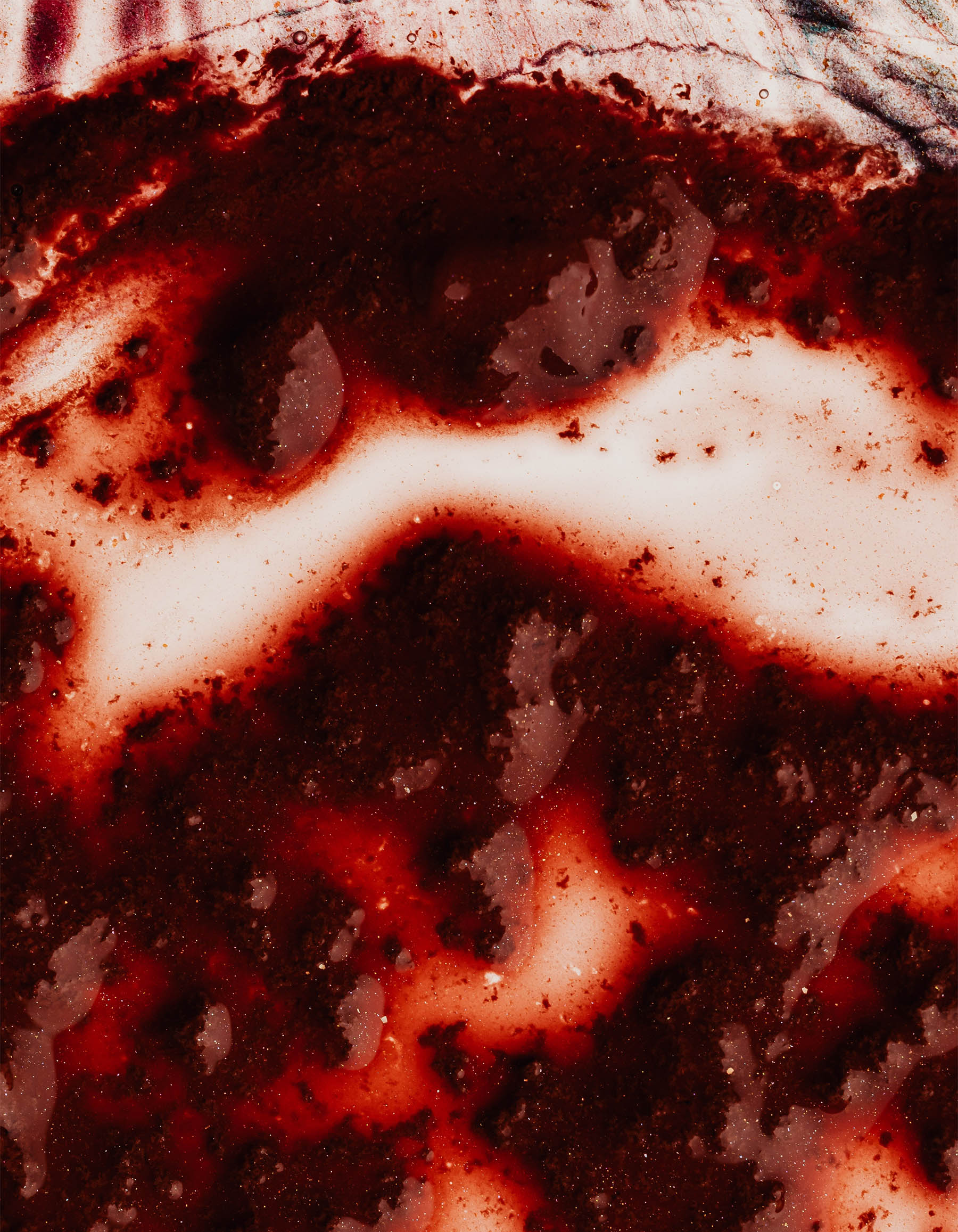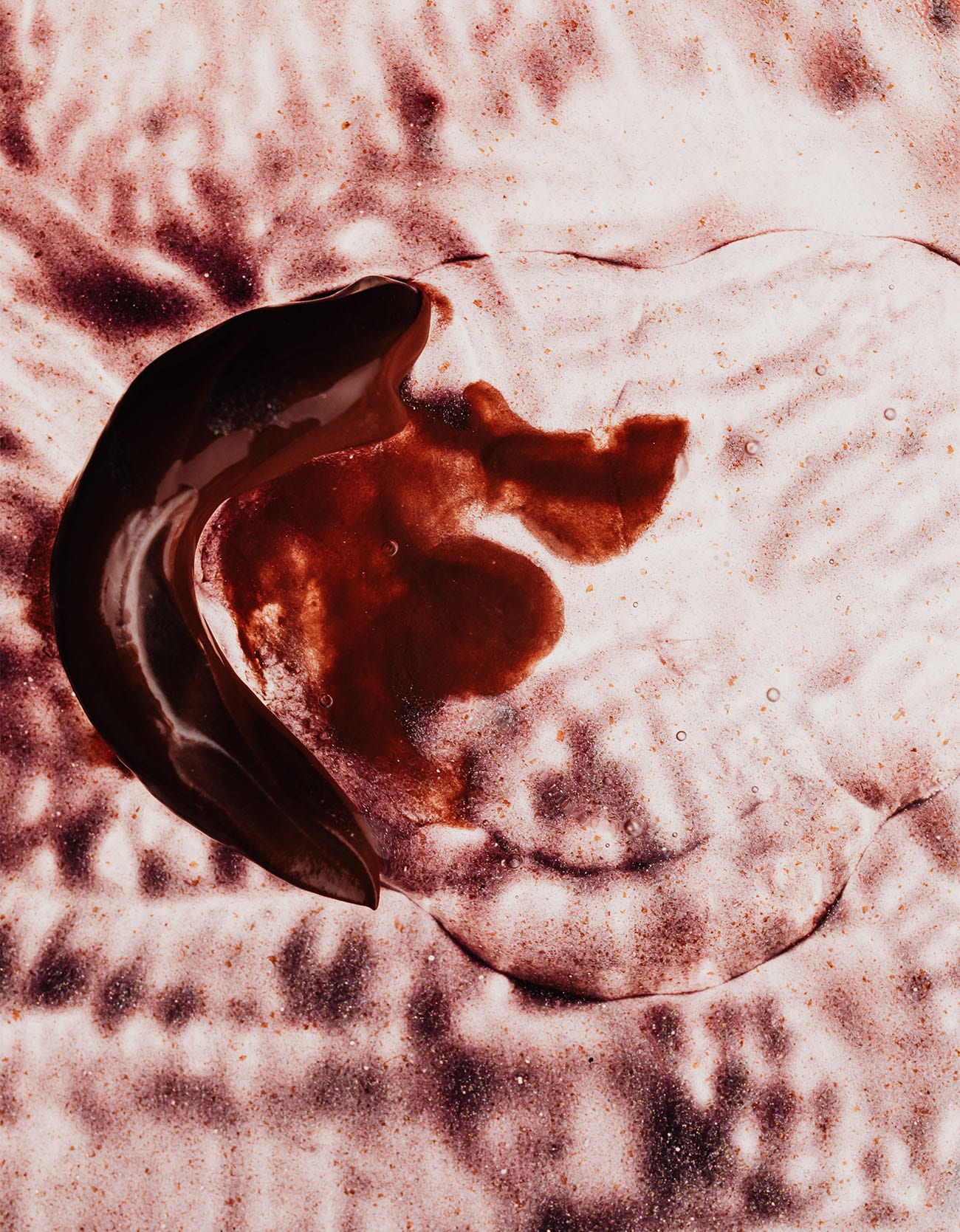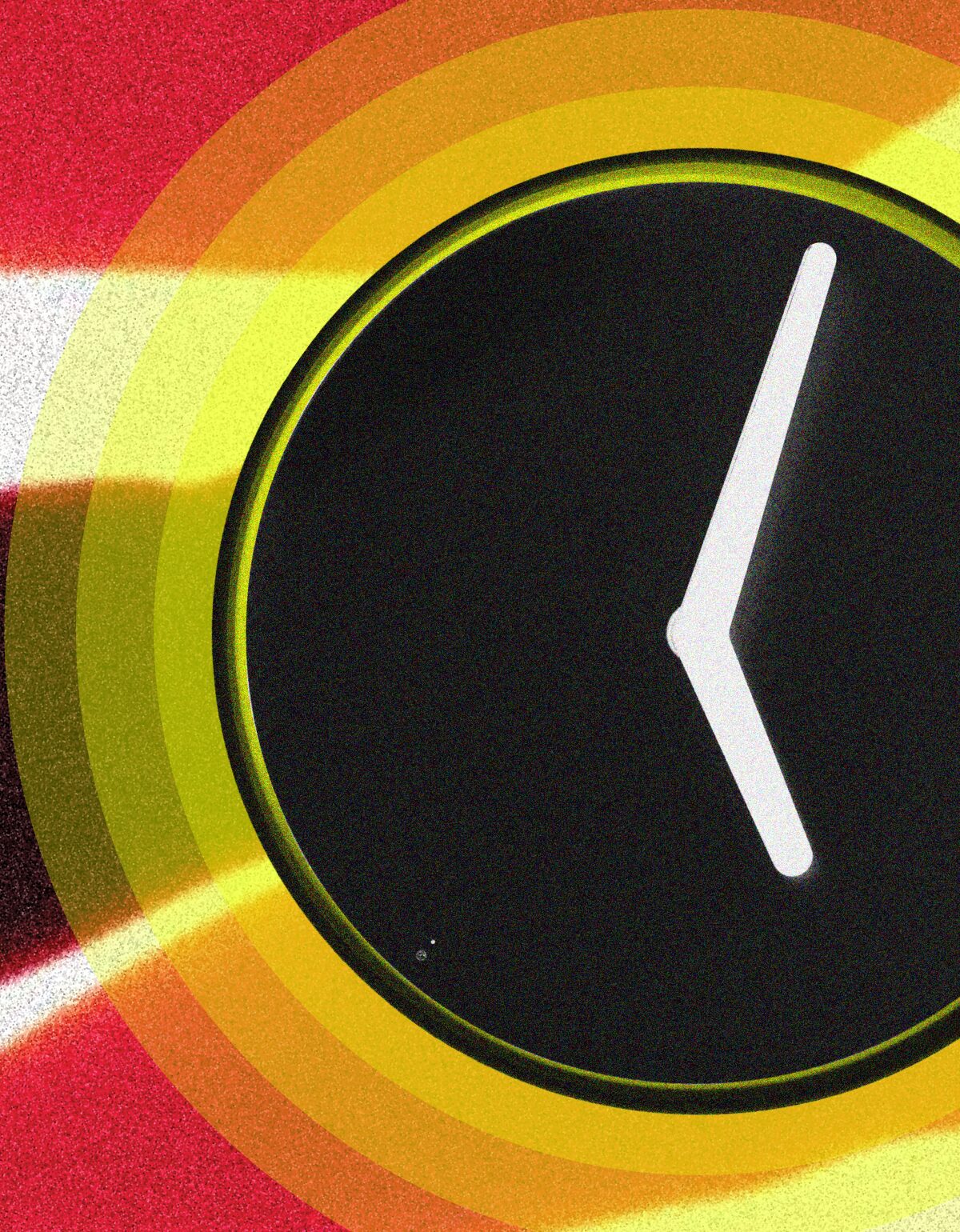Bust the bloat: All about period bloating
Period bloating: Why it happens and how to make it stop
The highlights:
- Hormonal changes before your period can cause bloating and water retention, which are common and annoying PMS symptoms.
- Period-related hormones can also trigger compulsive eating and negative feelings about your body. It’s important to be extra kind to yourself when PMSing or on your period
- Avoiding salty, sugary, or processed foods. Instead, stick to fresh fruits and veggies, healthy fats, and lean protein sources that can fight bloat naturally
- Getting enough sleep, exercising, and staying mega-hydrated will also keep your belly happy and minimize bloating
The full read:
It’s day two of your period, and you’re feeling all the feels – but cute isn’t one of them.
The bloat is real, so you decide to slip into your comfiest leggings. But, wait a second. Why do your favorite high-waisted leggings feel SO tight right now? It sort of feels like you’re trying to shove a marshmallow into a straw.
That puffy, water-retaining, swollen-joints feeling you’re having is common, and you’re definitely not alone. Over 90% of menstruators say they experience bloating, headaches, mood swings, discomfort, and other (PMS) symptoms.((Winer, S. A., & Rapkin, A. J. (2006). Premenstrual disorders: prevalence, etiology and impact. The Journal of reproductive medicine, 51(4 Suppl), 339–347.)) And it’s also normal for those symptoms to linger during your period.
Suffering during your period is common, but that doesn’t mean you can’t do anything about it. Here are some tips to help you reduce bloating and feel better both physically and mentally.
Why do you get bloated on your period?
One word: HORMONES. A 2011 study explains that it has to do with the hormonal fluctuations that take place during your menstrual cycle. More specifically, the dive in progesterone and estrogen levels your body takes in the days leading up to your period. “Results of some early studies suggest the involvement of aldosterone or deoxycorticosterone, a progesterone metabolite and aldosterone agonist, in the pathophysiology of premenstrual bloating.”1
In the time leading up to the start of your period, your body also releases hormone-like fatty acids, aka prostaglandins, into the bloodstream. The lining of the uterus releases prostaglandins, which cause muscles to contract. This makes any existing gastrointestinal issues, like gas (period farts, anyone?) or diarrhea, even worse. They’re also the culprit behind period cramps and the now-infamous “period poops.”
For some, this hormonal bloating may explain a feeling of weight gain before their menstruation starts. It can also feel like your abdomen or other parts of your body are tight or even swollen. In some extreme cases, period bloating can even make menstruators look pregnant (think 1st trimester). Some, also experience more gas before a period.
Your genetics, vitamin and mineral levels, and diet can also influence how much your hormone levels cause you to bloat.
How to get rid of period bloating
If getting your period equals giving in to all the cravings and stuffing your face with your favorite junk food, you can once again blame good old hormones. There’s scientific evidence that period-related hormones can trigger emotional eating which can lead to weight gain.((Hildebrandt, B. A., Racine, S. E., Keel, P. K., Burt, S. A., Neale, M., Boker, S., Sisk, C. L., & Klump, K. L. (2014). The effects of ovarian hormones and emotional eating on changes in weight preoccupation across the menstrual cycle. International Journal of Eating Disorders, 48(5), 477-486. https://doi.org/10.1002/eat.22326))
The best way to bust period bloating is by choosing foods that will work with your body’s needs. While that’s easier said than done when all you crave is pizza, it’s all about balance. Fortunately, how you balance your nutrition is in your control. Mind over matter, #amiright?
To reduce hormonal bloating, try to cut back on these foods:
SALTY FOODS: Cheese, chips, olives, pizza, and french fries. Canned or frozen foods with high sodium can make your body retain more water. Try to limit your overall sodium intake to 2,300 mg or less.
SUGARS: Raffinose, lactose, fructose, and sorbitol – both natural and artificial sugars. You don’t need to avoid ALL sugars, since there are healthy sugars in things like coconut water and berries. But limiting the following types of sugars will help significantly reduce period bloating:((International Foundation for Gastrointestinal Disorders. (2019, October 2). Foods that may cause gas. https://www.iffgd.org/symptoms-causes/intestinal-gas/foods-that-may-cause-gas.html))
- Raffinose: Beans contain large amounts of this complex sugar. Smaller amounts are found in cabbage, Brussels sprouts, broccoli, asparagus, other vegetables, and whole grains.
- Lactose: Lactose is the natural sugar in milk. It is also found in milk products, such as cheese and ice cream, and processed foods, such as bread, cereal, and salad dressing.
- Fructose: Fructose is naturally present in onions, artichokes, pears, and wheat. It is also used as a sweetener in some soft drinks and fruit drinks.
- Sorbitol: Sorbitol is a sugar found naturally in fruits, including apples, pears, peaches, and prunes. It is also used as an artificial sweetener in many dietetic foods and sugar-free candies and gums.
PROCESSED FOODS: Cured meats like salami and pepperoni, canned soups and pastas. Frozen meals, any packaged food comprised mostly of ingredients you can’t pronounce
ALCOHOL: Yup, this includes wine and margaritas… and beer, hard liquor, spiked seltzers, etc.
CAFFEINE: Coffee, tea, energy drinks (sad face)
GAS-PRODUCING FOODS: Dairy, broccoli, beans, cabbage, cauliflower
CARBONATED DRINKS: That fizzy goodness leads to gases trapped in your belly. Hello, abdominal pain!
STARCHY FOODS: Potatoes, pasta, white rice, white bread
It’s one of life’s cruel jokes. Our holy grail PMS snacks, like Hot Cheetos and Oreos, fall into the list above. However, that doesn’t mean you must cut all your favorite mood-boosting snacks forever.
If a hunk of chocolate or a small glass of wine will boost your mood, have at it. But make sure you don’t go overboard and do this for every meal is key.
Open to swapping some of your cravings? There are snacks that can satisfy the need for something crunchy, fatty, or sweet while also helping to decrease fluid retention.
Which foods help fight period bloating?
FRESH FRUITS AND VEGETABLES
Including fresh fruits and vegetables in your diet can be a game-changer when it comes to fighting period bloating. These fiber-rich foods with high water content not only help with regularity but also provide essential nutrients to support your overall well-being.
Consider incorporating berries, such as strawberries, blueberries, and raspberries, which are not only delicious but also packed with antioxidants. Cucumbers are another great option as they have a high water content and can help flush out excess fluids from your body.
Don’t forget about leafy greens like spinach, kale, and chard, which are packed with fiber and contain essential vitamins and minerals that support optimal digestion and reduce bloating.
Chickpeas, celery, and zucchini are also fantastic choices as they are low in calories and high in fiber, helping to promote a healthy digestive system and alleviate uncomfortable bloating.
By incorporating these fresh fruits and vegetables into your diet, you’ll not only combat period bloating but also nourish your body with vital nutrients that contribute to your overall well-being.
POTASSIUM-RICH FOODS
When it comes to combating period bloating, incorporating potassium-rich foods into your diet can be a game-changer. These foods not only promote a healthy water balance in the body but may also provide relief from period pain.
Bananas, with their creamy texture and sweet taste, are an excellent option. Not only are they rich in potassium, but they also contain the natural chemical compound bromelain, which has anti-inflammatory properties that can help ease discomfort during your period.
If you’re looking for a refreshing option, cantaloupe and watermelon are great choices. These juicy fruits not only hydrate your body but also provide a good source of potassium. Hydration is important during your period to help reduce bloating, and these fruits can help you stay hydrated while providing relief from bloating.
Tomatoes, asparagus, avocados, and butternut squash are other potassium-rich options that you can incorporate into your meals. Whether you add them to salads, soups, or stir-fries, these vegetables offer a range of flavors and nutrients that can support your overall well-being at any time of the month.
HEALTHY FATS
Incorporating healthy fats into your diet can help reduce period bloating by lowering the levels of prostaglandins, which are responsible for muscle contraction and bloating.
Avocados, with their creamy texture and rich flavor, are a great source of healthy fats. They can be enjoyed sliced on toast, added to salads or smoothies, or even mashed into guacamole. Nuts such as walnuts and almonds are also excellent sources of healthy fats. These crunchy snacks can be incorporated into your diet by sprinkling them on top of yogurt or oatmeal, or simply enjoying them as a quick and nutritious snack.
Seeds such as flaxseeds, pumpkin seeds, chia seeds, hemp seeds and sunflower seeds are all rich in nutrients that can help alleviate period bloating. Flaxseeds, in particular, are high in fiber and omega-3 fatty acids, making them a great addition to your diet.
HIGH-PROTEIN FOODS
High-protein foods can also aid in reducing period bloating. They provide essential amino acids that support muscle repair and growth while keeping you satisfied for longer periods of time, reducing the need for excessive snacking.
Grass-fed beef, organic chicken, and wild-caught fish like salmon are excellent sources of high-quality protein. These meats can be prepared in various ways, such as grilling, roasting, or stir-frying, to suit your taste preferences. If you follow a plant-based diet, tofu, tempeh, and seitan are great alternatives that offer a comparable protein content.
NATURAL DIURETICS
Celery, cucumbers, lemon juice, garlic and ginger. Coconut water acts as a natural diuretic because of its high potassium content, which helps eliminate water weight. Diuretics are often used to reduce bloating and water retention during periods. However, it’s important to note that natural diuretics should be consumed in moderation and under the guidance of a healthcare professional.
SUPPLEMENTS
Incorporating magnesium can also help alleviate period bloating. This essential mineral plays a crucial role in maintaining fluid balance in the body, reducing water retention and bloating. You can find magnesium supplements in the form of capsules or powders, and it’s recommended to aim for about 200 mg per day.
Vitamin B6 is another supplement that can contribute to reducing period bloating. It helps regulate hormonal balance and supports liver function, which aids in the elimination of excess fluids. Look for Vitamin B6 supplements at your local pharmacy or health food store.
HYDRATION
Drink plenty of WATER! Staying hydrated is always a good idea, as it is helpful for several period-related symptoms and can benefit your digestion overall. To make sure you are on track to your water intake goal, carry a water bottle with you throughout the day. Sipping on water regularly will not only keep you hydrated, but it can also help flush out excess fluids and reduce bloating.
Wondering how much water should you drink? The general recommendation is to drink at least eight 8-ounce glasses of water daily. However, during your period, it’s even more important to stay hydrated. Aim for about 9-12 cups of water daily to help alleviate period bloating and support your overall well-being. Remember, everyone’s hydration needs may vary, listen to your body and adjust accordingly.
If skipping your daily latte sounds like torture, have your latte but try to balance it out. A breakfast that includes bloat-reducing foods like the ones we mentioned above may help. Here are a few amazing recipes to get you started (think loaded avo toast and a nutrition-packed smoothie).
Minimizing foods from the bloat list when you know you tend to feel puffy and swollen can make a huge difference. Eating smaller meals can also help avoid overloading your digestive tract when it might be feeling like the struggle is real.
Pro tip: If chocolate is your period snack of choice, choosing a dark chocolate (i.e. 60% or higher) can not only boost your mood, but it can also give you a magnesium boost. That’s what we call a win-win.
Other remedies to reduce premenstrual water retention and period bloat
You can tackle period bloat in several other ways that don’t have to do with food. The following can also help Premenstrual Syndrome (PMS) and period-related bloating:
- Exercise. Regular exercise can be a game-changer when it comes to reducing period bloating. Not only does it help speed up your digestive system, but it also allows you to sweat out any excess sodium that may be contributing to the bloating. Additionally, exercise can help relieve constipation, which is a common symptom during your period. Finding an exercise routine that works for you is key. Whether it’s going for a brisk walk, hitting the gym for a cardio session, or taking a yoga class, any form of physical activity can have significant benefits. Aim for at least 30 minutes of exercise. Just make sure to hydrate really well afterwards!
- Sleep. Getting enough sleep is crucial for overall well-being, including managing period bloating. Lack of sleep can disrupt hormone levels and increase cortisol, which can contribute to water retention and bloating. Make sure to prioritize quality sleep by establishing a bedtime routine, creating a comfortable sleep environment, and practicing relaxation techniques before bed.
- NSAIDS, aka over-the-counter painkillers (like ibuprofen and naproxen) can decrease the swelling associated with inflammation. Keep in mind that Tylenol (acetaminophen) is NOT an NSAID (Nonsteroidal Anti-Inflammatory Drugs). Therefore, Tylenol won’t have the same anti-inflammatory effects as Advil and Aleve.
PMS bloating & weight gain: Does bloating cause weight gain?
When you’re feeling like The Hulk because of your bloating, you might convince yourself that you’ve also gained some weight. But, can PMS bloating cause weight gain for real? For some people, satisfying every unhealthy food craving or impulses to skip workouts could lead to long-term weight gain. For most, however, it’s only temporary.
Hormonal water retention coupled with constipation can technically make you heavier. Some people experience symptoms of extreme bloating during period, gaining up to five extra pounds!
But how long does period bloating last? Luckily, in most cases, it’s just water weight that will go away when the bloat subsides. So don’t freak out if the number on the scale looks a little higher than usual.
How much weight can you gain from bloating?
Weight gain from period bloating can vary, but it is generally temporary and can range from a few ounces to a few pounds. It’s important to remember that this weight gain is not due to increased body fat, but rather water retention and digestive issues commonly associated with menstrual cycles.
Be kind to yourself
If you end up eating a whole pizza or cancel that workout class, DON’T beat yourself up over it. The same hormones that trigger period cravings can also make you feel unhappy about your body. Sometimes it helps to remind yourself that what is happening psychologically is genuinely influenced by the chemicals in your brain.
Physical activity can also be really great for improving self-love. It can help release those feel-good endorphins when you have PMS or your period. It doesn’t have to be an intense cardio sesh. Something as simple as a 20-minute slow flow yoga class, or normal activities such as going for a walk can be a great pick-me-up.
However, if you’re not feeling up to a workout, that’s perfectly okay! Listen to your body and do whatever feels best for it at any time of the month.
This article is informational only. This article does not offer medical advice. It is not a substitute for a consultation with your physician. Please consult your health care provider if you have any gynecological/medical concerns or conditions.
© 2023 The Flex Company. All Rights Reserved.
- Yonkers KA, O’Brien PM, Eriksson E. Premenstrual syndrome. Lancet. 2008;371(9619):1200-1210. doi:10.1016/S0140-6736(08)60527-9 [↩]







